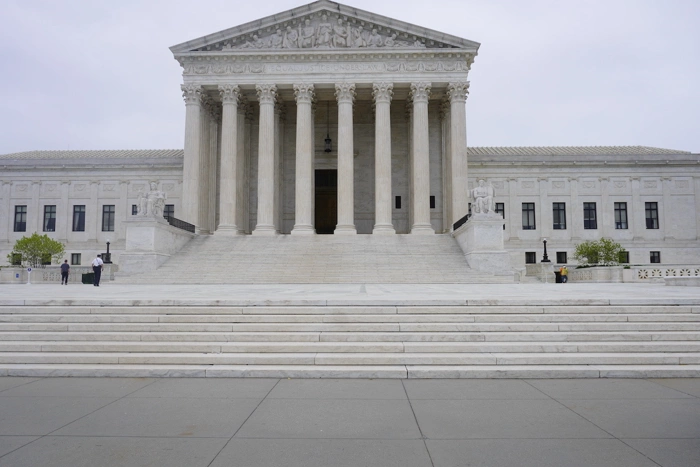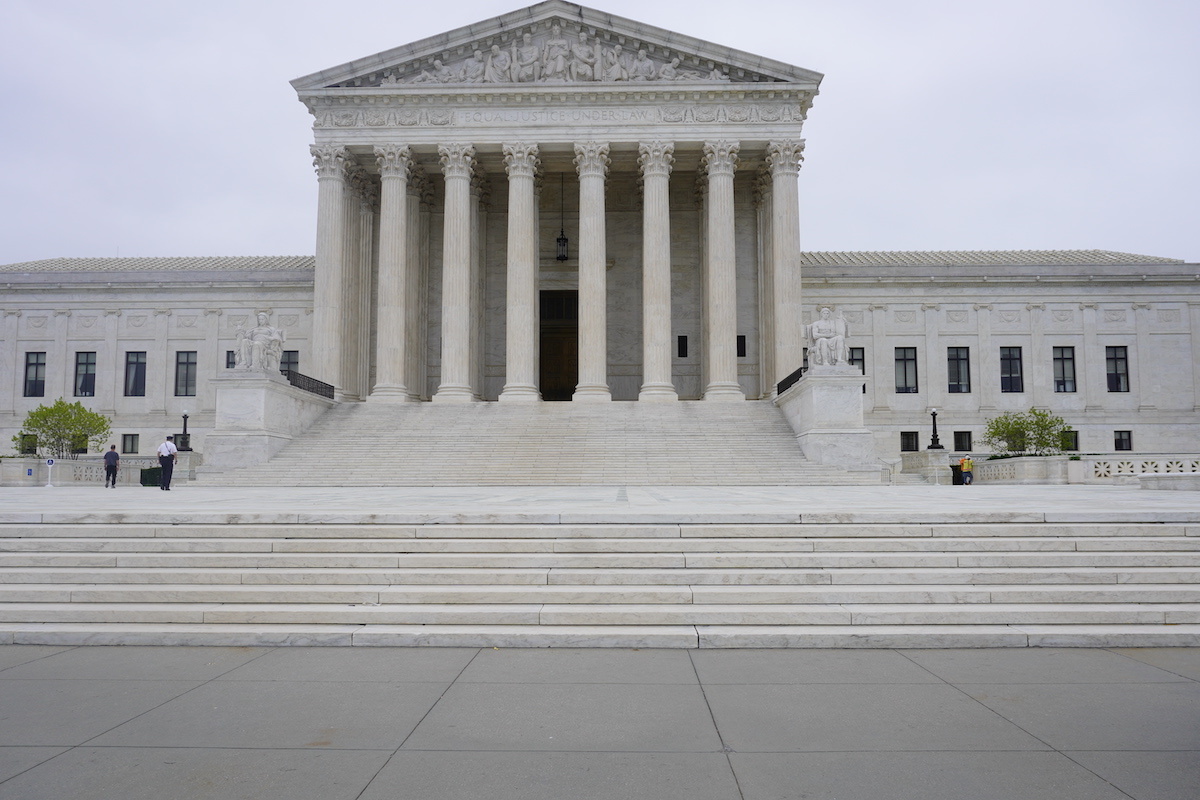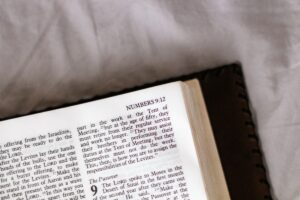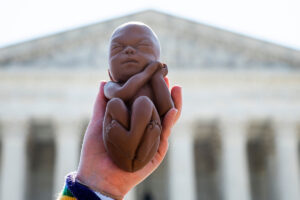Supreme Court Set to Review Free Speech Dispute Over Mississippi Ordinance
The ongoing battle over free speech rights in Brandon, Mississippi, has reached a pivotal moment as the U.S. Supreme Court agrees to hear a case concerning restrictions on public demonstrations outside a local amphitheater. This legal dispute centers around a local preacher’s challenge to an ordinance that limits his ability to preach near the venue.

The Supreme Court has agreed to hear oral arguments in the case of Gabriel Olivier v. Brandon, Mississippi, et al, according to a miscellaneous order released Thursday morning. At issue is an ordinance that restricts protests outside the Brandon Amphitheater from three hours before an event starts until one hour after it ends.
Represented by the First Liberty Institute and law firm Gibson Dunn, Olivier’s legal team welcomed the decision to review the case. Kelly Shackelford, President of the First Liberty Institute, remarked, “Every American has First Amendment rights to free speech; and every American has a right to their day in court.” The Supreme Court’s review will determine if these rights are upheld.
The Brandon Amphitheater, which opened in 2018, hosts various ticketed events and can accommodate over 8,500 attendees. The local Ordinance § 50-45 places stringent restrictions on demonstrations, specifying a designated “protest area” where no pre-notice or permit is required but limits the use of certain items like loudspeakers and objects that could serve as elevated platforms.
Protesters are allowed to carry temporary handheld signs, provided they are not made of materials that could be weaponized or affixed to structures within the protest area. Additionally, the ordinance requires a group representative to be present and carry photo identification, accessible to police upon request.
The ordinance’s creation was reportedly sparked by Olivier and others who engaged in controversial religious expressions near the venue, which some found offensive. Olivier argues that the distance of the protest area from the crowd rendered his message inaudible, leading to his arrest and subsequent lawsuit after he was fined for attempting to move closer.
His lawsuit was dismissed by both a district court and a three-judge panel of the 5th U.S. Circuit Court of Appeals. The full appeals court declined to reconsider the case, prompting the Supreme Court appeal. The First Liberty Institute claims the district court overlooked the case’s merits, criticizing the reliance on a precedent that those convicted cannot sue authority figures.
In a related case, the 5th Circuit ruled against Spring Siders, an associate of Olivier, who also challenged the Brandon ordinance. Circuit Judge Jacques L. Wiener, Jr. stated, “Brandon’s application of § 50-45 to Siders is narrowly tailored to its interest in public safety and traffic control,” asserting that the city successfully defended its actions’ constitutionality.
This article was originally written by www.christianpost.com







Be First to Comment